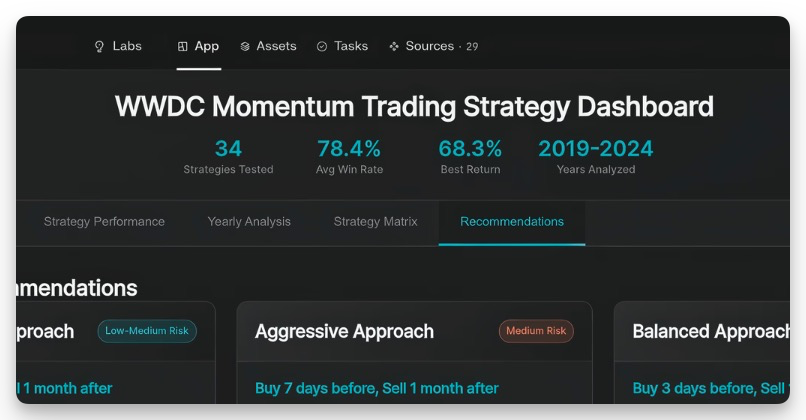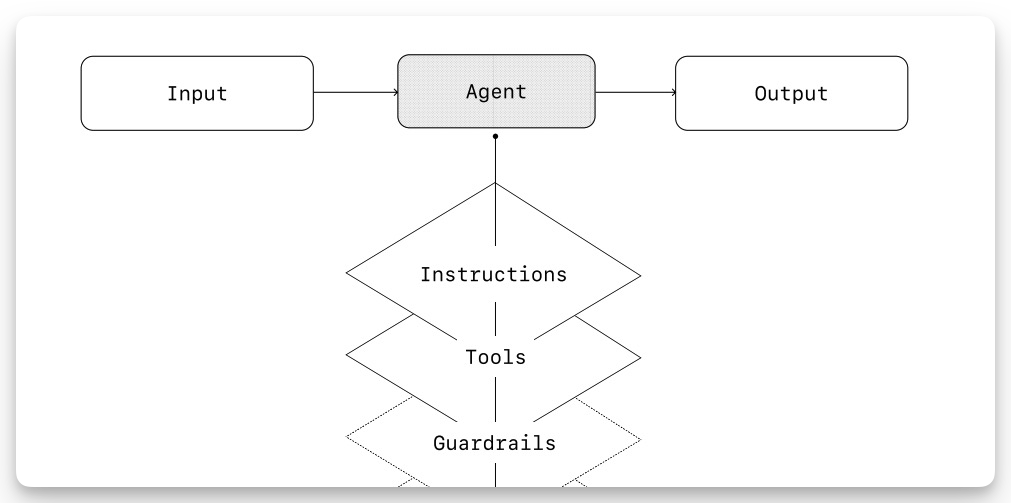Search Disrupted Newsletter (Issue 17)
Why SEOs should care about AI Agents, Perplexity Mini Apps, Knowatoa Updates, Google AI Edge, and Sam Altman on Generational AI usage.
LLMs are Fundamentally Broken (And That’s OK)
Verissimo Ventures dropped some hard truths about why your AI search tools can’t reliably add 36 + 59.
Their research shows baseline hallucination rates around 50%, even for the best models. When you give them perfect context, error rates only drop to about 1% - nowhere near software-grade reliability.
The money quote: “The best builders aren’t trying to beat the model. They’re building systems that expect it to fail and still work anyway.”
This mirrors what we see in the AI search space, as many brand search results for high-value terms are often just plain wrong.
To help combat this, we’re building more checks for your Knowatoa questions for tracking and brand reliability.
Link: Verissimo Monthly
Perplexity Mini Apps
Perplexity has launched a few new features under their “Perplexity Labs” banner, and while they’re all neat, the standout for search marketers is the latest “Mini Apps” feature.
It allows for creating hosted applications that blend search results, structured data, and other content to create auto-updating widgets, dashboards, and similar “reporting” type applications.
I see a lot of use cases for this, like custom brand/mention trackers, backlink stats builders, etc.
It’s well worth checking out if you’re a paid Perplexity user.
Link: Perplexity Mini Apps
Why SEOs should care about AI Agents
I sometimes get feedback about our content (great!), which is not entirely positive (still great!).
And it’s still great because it shows where I need to explain more of my decision-making process and how we’re thinking about the future of AI search.
Plainly stated: agents are the future of search.
Some people get caught up by the word “Agent” and picture a humanoid robot typing at their Macbook while they lounge in the background.
But practically speaking, agentic search happens anytime we have an AI filtering search results on our behalf.
If you go by that definition, it’s already happening in Google’s AI Mode, and every AI company’s Deep Research tools are already live, and being used by millions of people.
So why should SEOs care? Now is the time to learn about the foundations of agentic search and gain the knowledge you can leverage for the next decade-plus of your career.
A great starting point for that is OpenAI’s new “A Practical Guide to Building Agents,” which I think every SEO should at least skim as it’s a great window into the future of OpenAI and likely how they plan to evolve ChatGPT.
Link: A practical guide to building agents
Knowatoa Updates
We’ve been working on a few new features for Knowatoa that we’re excited to share.
- We’ve added a new Search Console to the platform that helps you check for active blocks from firewalls, CDNs, or security plugins link.
- Improved question management has shipped, making dropping the questions you’re no longer interested in tracking easier. link
- Our new historical data view is live, making it easier to see how your rankings have changed. link
On Device Search
Google makes many announcements about their developer tools that most SEOs can safely ignore, and that’s pretty much the case for their “Google AI Edge” announcement.
However, it’s worthwhile to consider what it and similar frameworks/tools mean for search marketers and AI in general.
Google’s latest framework simplifies running AI models on “local” devices, which generally means phones, but it also includes things you might not expect, like web browsers.
Put another way: tools like this new framework are making it easier to ship significantly more intelligence closer to users, to have it cost less, use less energy, and be more private.
In terms of search, this means even less search analytics and an even greater need to monitor different models to make sure they know about your brand and are predisposed to recommend you over your competitors.
Link: Google AI Edge
Sam Altman on Generational AI usage
Sam Altman’s (OpenAI) interview at the office of Sequoia Capital had a lot of interesting insights. Still, the one that jumped out to me was his answer to the question, “How do you see young people using AI in surprising ways?”
His answer (which I’ve heavily edited): Older people use ChatGPT as a Google replacement. Millennials use it as a life advisor. People in college and younger use it as an operating system with many files attached, lists of people they interact with, and complex prompts they’re constantly swapping in and out.
This aligns with what I see in my personal life and the feedback from our users.
I often think of this when I hear SEOs being skeptical of AI search.
Like, you’re telling me that the generation that’s entering the professional workforce now has years of trust and memory built into ChatGPT, a service they’ve shared their most personal information with, that they consult before making important decisions and that’s helped them with everything from their last homework assignment to how to break up with a significant other, politely isn’t going to use AI search to figure out what to buy, where to eat and all the other commercial activity that SEOs are paid to worry about?
Link: Sam Altman on Generational AI usage
Thanks
Thanks to Jessica Malnik, who has been working with us on our messaging and re-writing our homepage to express better what we’re doing and why it’s essential (redesign launching soon!).

p.s. It would really help me out if you could Follow me on LinkedIn





